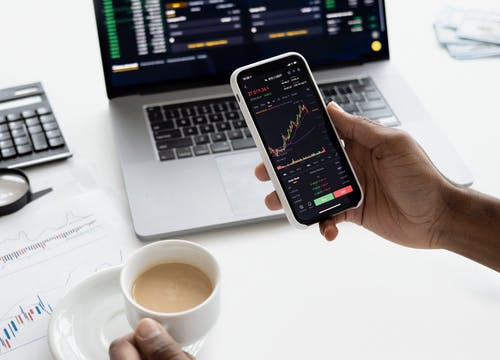If you run a small business that operates exclusively in the same country, and you don’t rely on imports or exports in any way, currency is unlikely to be on your radar. However, if you import or export your goods or order raw materials and supplies from overseas, currency changes will significantly affect the cost.
Movement in the currency market can significantly affect transactions and can ultimately affect profitability. Every small business who is exposed to foreign currencies will need to build in some kind of safeguard to protect against a market that can suddenly swing in any direction.
It’s impossible to eliminate all levels of risk entirely, but you can make trading easy when forex is explained. Here’s a look at the essentials you need to know.
Banks Are More Expensive
When you’re dealing with the movement of money, it’s almost instinctive to turn to your bank to handle the transaction. However, if it involves foreign currency, you’ll end up paying more for the privilege.
Banks add a premium when dealing with foreign currency to make a profit. This translates into higher costs for small businesses. The charges aren’t always apparent, as rather than pass them onto you in fees, banks often disguise them by using a lower exchange rate and taking the surplus.
Using online services or providers who specialise in foreign currency can mean access to rates that could be up to four times cheaper than a bank.
Understand the Impact of Geopolitical Events
Dealing with cross-currency transactions is particularly challenging as it’s impossible to forecast the cost with any accuracy. Due to potential swings in the exchange rate, goods could end up being vastly more expensive or cheaper, depending on your luck.
Understanding the influences on currency can help you to plan your strategy more effectively. Political tensions or big events such as elections can unsettle a market and make exchange rates even more volatile than usual.
Consider a Multi-Currency Account
One useful way to protect against currency movement is to set up a multi-currency account. This means that payment won’t have to be immediately converted upon receipt, protecting you from low exchange rates.
Holding US dollars, euros and sterling in a single account may be useful for many companies who transact business overseas. These are the three most commonly used currencies, but it’s possible to include others if they’re more relevant to your trade.
Enlist Expert Help
The volatility in the exchange rates can make it difficult to budget for the future effectively. It only takes a relatively small movement to make a big difference to trade sales and purchases.
There are many services available that can help you to take advantage of the movement in the market. Some currency fluctuations may be very beneficial, giving you access to the same goods at a much lower price. Setting up automatic alerts allows you to buy and sell your goods when the market is at the best rate.
These alerts are typically managed via text or email, making it simple for you to execute your trades right away. You can choose the levels that you want to set for alerts; if you need help deciding what these should be, speak to a currency expert for up to date advice.



 Bitcoin
Bitcoin  Ethereum
Ethereum  Tether
Tether  XRP
XRP  Solana
Solana  USDC
USDC  TRON
TRON  Cardano
Cardano  Lido Staked Ether
Lido Staked Ether  Avalanche
Avalanche  Toncoin
Toncoin